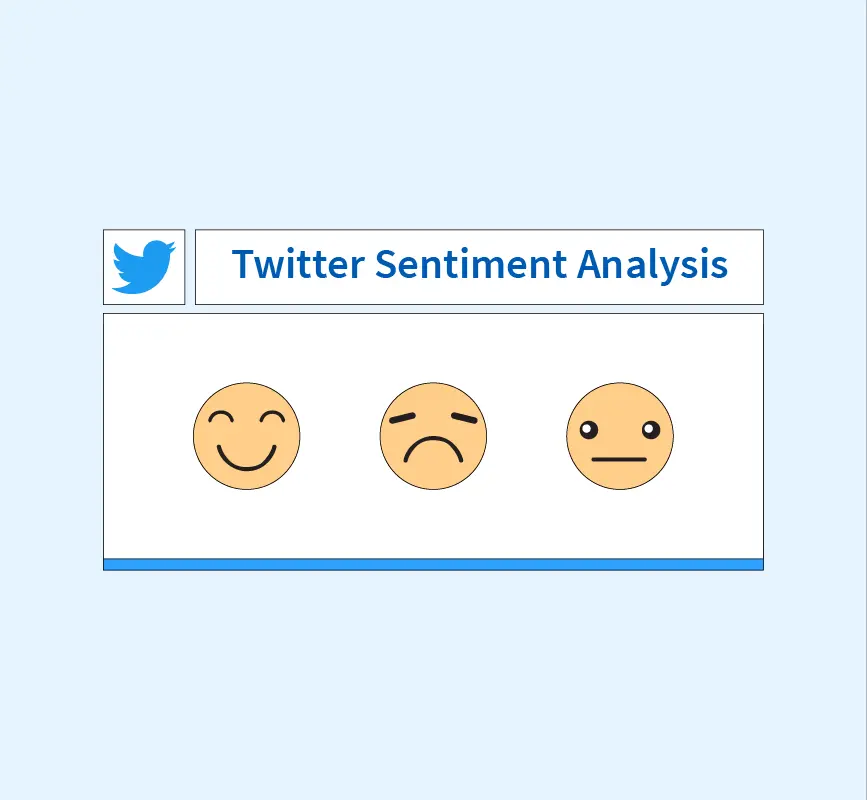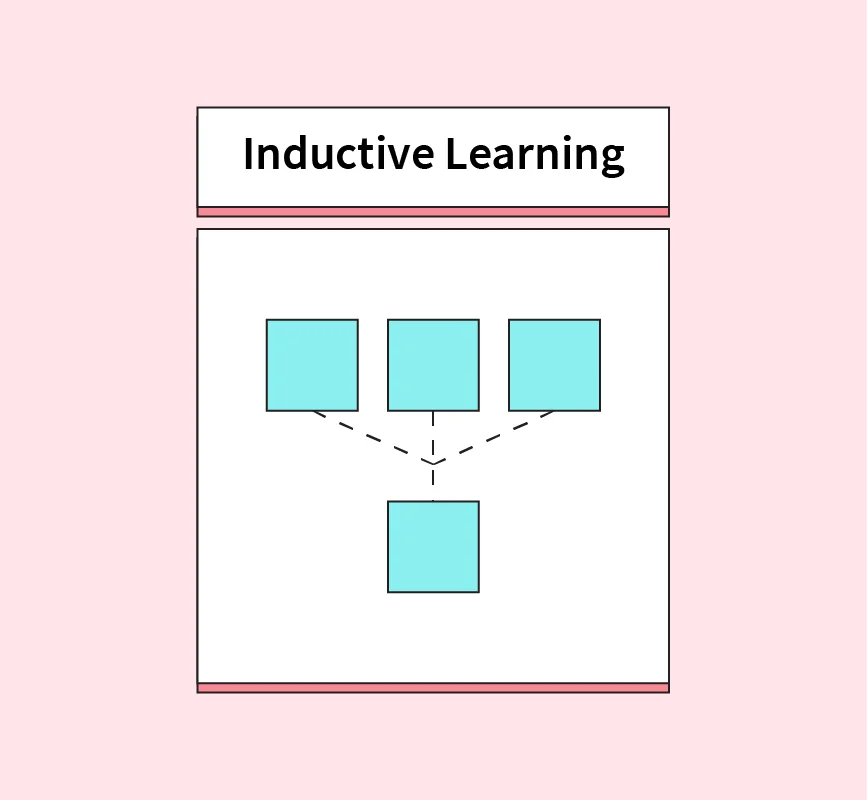Artificial Intelligence (AI) has rapidly transitioned from a futuristic concept to a mainstream technology shaping industries and everyday life. Its evolution has brought unprecedented advancements, empowering businesses to innovate, automate, and scale. From healthcare to finance, AI’s applications span diverse fields, making it a cornerstone of technological progress. Understanding the scope of AI is vital to appreciating its transformative power and potential. This article delves into the breadth of AI’s impact, exploring its various applications, opportunities, and challenges in reshaping the modern world.
The Evolution of AI
Artificial Intelligence (AI) has evolved significantly since its inception, marked by key milestones that have defined its growth. The journey began in the mid-20th century with foundational research in symbolic reasoning and problem-solving. Early AI pioneers like Alan Turing and John McCarthy laid the groundwork for this transformative field, introducing concepts like the Turing Test and the term “Artificial Intelligence.”
The introduction of machine learning algorithms in the 1980s marked a turning point, enabling AI systems to learn from data rather than relying on pre-programmed rules. By the 2000s, advancements in neural networks and deep learning revolutionized AI’s capabilities, making tasks like image recognition, natural language processing, and autonomous driving achievable. The availability of big data and powerful GPUs further accelerated AI’s development.
Today, trends like generative AI, reinforcement learning, and explainable AI are shaping the field. Generative models such as ChatGPT and DALL·E demonstrate AI’s creative potential, while reinforcement learning powers applications like robotics and game-playing. Explainable AI addresses concerns about transparency and trust, ensuring that AI systems are accountable for their decisions.
As AI continues to evolve, it promises to redefine industries and solve complex global challenges. Its rapid advancements signal a future where AI becomes an integral part of human life, driving innovation and enhancing capabilities in unprecedented ways.
AI in Everyday Life
Artificial Intelligence (AI) has seamlessly integrated into our daily lives, enhancing convenience and efficiency in ways we often take for granted. Virtual assistants like Siri, Alexa, and Google Assistant are prime examples, streamlining tasks such as setting reminders, managing schedules, and controlling smart home devices. These tools rely on natural language processing and machine learning to understand and respond to human commands effectively.
Facial recognition technology is another widespread application, used for unlocking smartphones, securing transactions, and even monitoring public spaces for safety. Automation powered by AI simplifies repetitive tasks, from email filtering to managing customer inquiries through chatbots, freeing up valuable time for more creative and complex activities.
AI significantly impacts decision-making by providing personalized recommendations, such as curated playlists on Spotify, movie suggestions on Netflix, or shopping insights on Amazon. These systems analyze user preferences and behaviors to deliver tailored experiences, making everyday interactions more intuitive and engaging.
Moreover, AI-driven advancements improve quality of life by optimizing urban planning, enhancing healthcare delivery, and promoting sustainable practices. For instance, AI is used in traffic management systems to reduce congestion and in predictive maintenance to prevent equipment failures. As AI continues to evolve, its role in enriching our daily lives will only grow.
Career Scope in Artificial Intelligence
High-Demand AI Careers
Artificial Intelligence (AI) offers a wide range of career opportunities across various domains, making it one of the most sought-after fields today:
- Data Scientist: These professionals analyze complex data to extract actionable insights, often using AI tools and techniques to build predictive models that guide business strategies.
- Machine Learning Engineer: They design, build, and fine-tune machine learning models, ensuring their scalability and performance in real-world applications.
- AI Research Scientist: Focused on innovation, these experts develop new AI algorithms and frameworks, advancing the boundaries of AI technologies.
- Natural Language Processing (NLP) Engineer: Specializing in text and language data, NLP engineers create chatbots, translation tools, and other systems that process human language effectively.
- Computer Vision Engineer: They develop AI applications for image and video analysis, used in fields like autonomous driving, healthcare imaging, and surveillance systems.
- AI Product Manager: Responsible for overseeing the development of AI-powered products, they bridge the gap between technical teams and business stakeholders.
- Robotics Engineer: These professionals design intelligent robots that can perform tasks autonomously, contributing to industries like manufacturing, logistics, and healthcare.
- AI Consultant: They provide strategic advice to organizations looking to adopt AI, ensuring solutions align with business goals and capabilities.
Regional and Global Opportunities
The scope of AI careers is expanding globally, with opportunities across diverse regions and industries. Developed markets like the United States, Europe, and Japan lead the way in AI innovation, offering roles in cutting-edge technologies like autonomous systems and advanced analytics.
Emerging markets, including India, are witnessing rapid growth in AI adoption due to increasing digital transformation efforts. Companies in sectors like IT, finance, healthcare, and retail are actively hiring AI professionals, creating a robust demand for skilled talent.
AI’s global reach ensures opportunities in various sectors, from startups and tech giants to research institutions and government agencies. As the technology evolves, the career landscape in AI will continue to thrive, offering professionals the chance to shape the future of innovation.
Applications of Artificial Intelligence in Different Sectors
1. Healthcare
Artificial Intelligence is transforming healthcare with its ability to analyze vast amounts of medical data and provide actionable insights:
- Medical Imaging and Diagnostics: AI algorithms assist radiologists by accurately identifying anomalies in X-rays, MRIs, and CT scans.
- Personalized Medicine: AI helps tailor treatments to individual patients based on their genetic profiles and health history.
- Predictive Analytics: AI models forecast disease outbreaks and patient risks, improving preventive care and resource allocation.
2. Finance
AI is revolutionizing financial services by improving efficiency and security:
- Fraud Detection: Machine learning models analyze transactional data in real time to identify fraudulent activities.
- Credit Scoring: AI evaluates creditworthiness by analyzing behavioral and financial patterns.
- Investment Insights: AI-powered tools offer predictive analytics to guide investment decisions and optimize portfolios.
3. Education
AI enhances learning experiences and administrative efficiency:
- Personalized Learning Platforms: Adaptive learning systems customize educational content to match students’ needs and abilities.
- Administrative Tools: AI automates scheduling, grading, and resource management, allowing educators to focus on teaching.
4. Retail
The retail sector benefits from AI-driven tools to optimize operations and customer engagement:
- Inventory Management: Predictive analytics help maintain stock levels and reduce wastage.
- Customer Behavior Analysis: AI provides insights into buying patterns to improve product offerings.
- Chatbots: AI-powered chatbots enhance customer support by delivering quick and accurate responses.
5. Transportation
AI is at the forefront of innovation in transportation:
- Autonomous Vehicles: Self-driving cars use AI for navigation, obstacle detection, and decision-making.
- Traffic Management: AI analyzes traffic flow data to optimize routes and reduce congestion.
- Logistics Optimization: AI enhances supply chain efficiency by improving delivery schedules and route planning.
6. Entertainment and Media
The entertainment industry leverages AI to create immersive experiences:
- Content Creation: AI tools assist in scriptwriting, music composition, and video editing.
- Recommendation Systems: Platforms like Netflix and Spotify use AI to suggest content based on user preferences.
- Visual Effects: AI automates the creation of complex visual effects, reducing production time.
7. Agriculture
AI plays a pivotal role in modernizing agriculture:
- Crop Monitoring: AI-powered drones and sensors collect real-time data on crop health and soil conditions.
- Yield Prediction: Machine learning models analyze historical data to forecast crop yields.
- Precision Farming: AI optimizes resource usage, such as water and fertilizers, ensuring sustainable practices.
8. Energy and Environment
AI is driving advancements in energy management and environmental conservation:
- Energy Optimization: AI systems analyze consumption patterns to reduce energy waste and improve efficiency.
- Environmental Modeling: AI models predict climate changes and help devise strategies for conservation and disaster management.
Benefits of AI
Artificial Intelligence (AI) offers transformative advantages across industries, enhancing efficiency, decision-making, and innovation.
1. Increased Efficiency and Productivity
AI-powered tools automate repetitive tasks, freeing human resources for more strategic and creative work. For example, chatbots handle customer queries 24/7, while robotic process automation (RPA) streamlines data entry and processing. These efficiencies reduce operational costs and speed up workflows.
2. Enhanced Decision-Making
AI analyzes vast datasets in real-time, uncovering patterns and insights that drive informed decisions. Predictive models help businesses forecast market trends, while diagnostic tools enable healthcare professionals to make accurate treatment recommendations. The ability to process data faster and more accurately than humans significantly improves outcomes.
3. Solutions to Complex Problems
AI excels at tackling intricate challenges, such as climate modeling, drug discovery, and financial risk analysis. In agriculture, AI optimizes resource use, combating food insecurity. In transportation, self-driving vehicles reduce accidents and improve logistics. These applications demonstrate AI’s potential to address global issues effectively.
4. Empowering Businesses with Predictive Analytics and Automation
AI empowers companies to stay competitive by leveraging predictive analytics to anticipate customer needs and market shifts. For instance, e-commerce platforms use recommendation systems to boost sales, while AI-driven inventory management minimizes waste. Automation further enhances scalability, allowing businesses to handle larger operations with minimal human intervention.
Challenges and Ethical Considerations
While Artificial Intelligence (AI) brings transformative potential, its adoption comes with significant challenges and ethical considerations.
1. Risks Associated with AI Adoption
AI’s integration into various sectors has raised concerns about job displacement. Automation of routine tasks can lead to reduced demand for certain roles, particularly in industries like manufacturing and customer support. Additionally, privacy issues arise when AI systems process sensitive data, such as in healthcare or finance. Unauthorized access or misuse of this data can have severe consequences. Furthermore, security concerns persist, as AI systems are vulnerable to cyberattacks, adversarial inputs, and data breaches, potentially compromising operations and trust.
2. Ethical Challenges
The ethical deployment of AI is critical but fraught with issues like bias in decision-making. AI models trained on skewed data may perpetuate or amplify societal inequalities, leading to unfair outcomes in hiring, lending, or law enforcement. Transparency is another challenge, as many AI models, particularly deep learning systems, function as “black boxes,” making it difficult to explain their decisions. Lastly, ensuring accountability is complex, as determining responsibility for AI-driven mistakes or harm is often ambiguous.
Steps to Mitigate Risks
To address these challenges, organizations must adopt responsible AI practices. Implementing rigorous data governance can reduce bias and enhance fairness. Regular audits of AI systems ensure transparency and compliance with ethical standards. Privacy-enhancing technologies, such as encryption and differential privacy, can safeguard sensitive data. Moreover, fostering collaboration between policymakers, technologists, and ethicists is essential to establish robust regulations that balance innovation with societal well-being.
The Future of AI
The future of Artificial Intelligence (AI) promises groundbreaking innovations that will redefine industries and economies globally. Key developments on the horizon include general AI, which aims to achieve human-like cognitive abilities, enabling machines to perform a wide range of tasks across domains with minimal human intervention. Another exciting prospect is AI-human collaboration, where systems will enhance human decision-making and creativity, fostering productivity and innovation. Additionally, self-improving systems will enable AI models to learn and adapt autonomously, minimizing the need for frequent retraining.
Potential Impact on Industries and Economies
AI’s advancements will continue to revolutionize industries such as healthcare, where predictive analytics and personalized medicine will transform patient care. In finance, automated trading and fraud prevention will set new standards for efficiency and security. Similarly, education will benefit from tailored learning experiences powered by AI-driven platforms. On a macroeconomic scale, AI is poised to boost global productivity, create new job categories, and drive significant economic growth. However, this growth will require careful navigation of challenges like workforce reskilling and equitable access to AI technologies.
Importance of Ethical Frameworks
As AI’s capabilities expand, the development and implementation of ethical frameworks will be crucial to guide its evolution. These frameworks should address concerns such as bias, accountability, and the equitable distribution of AI benefits. By fostering transparency, inclusivity, and responsibility, society can ensure AI contributes positively to global progress while minimizing unintended consequences.
The future of AI is bright and transformative, but its trajectory depends on how effectively innovation is balanced with ethical stewardship.
Conclusion
Artificial Intelligence (AI) holds immense potential to transform industries, enhance decision-making, and solve complex global challenges. By harnessing AI responsibly, individuals, businesses, and policymakers can unlock new opportunities while addressing ethical concerns. Preparing for a future shaped by AI advancements requires innovation, collaboration, and a commitment to ethical development.
References:


